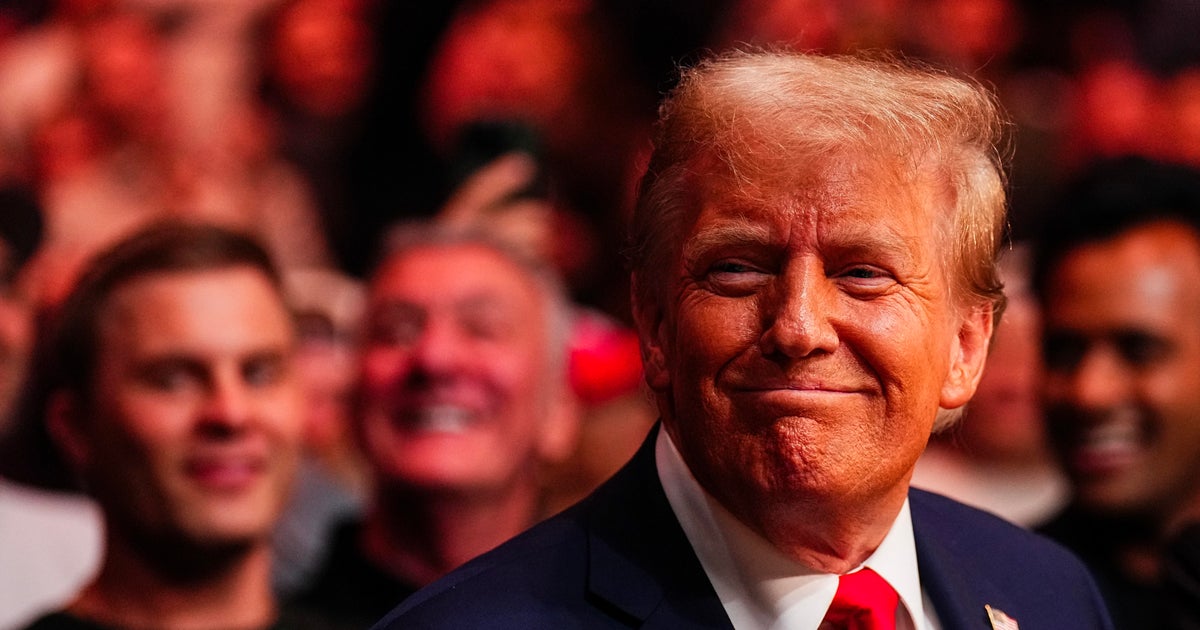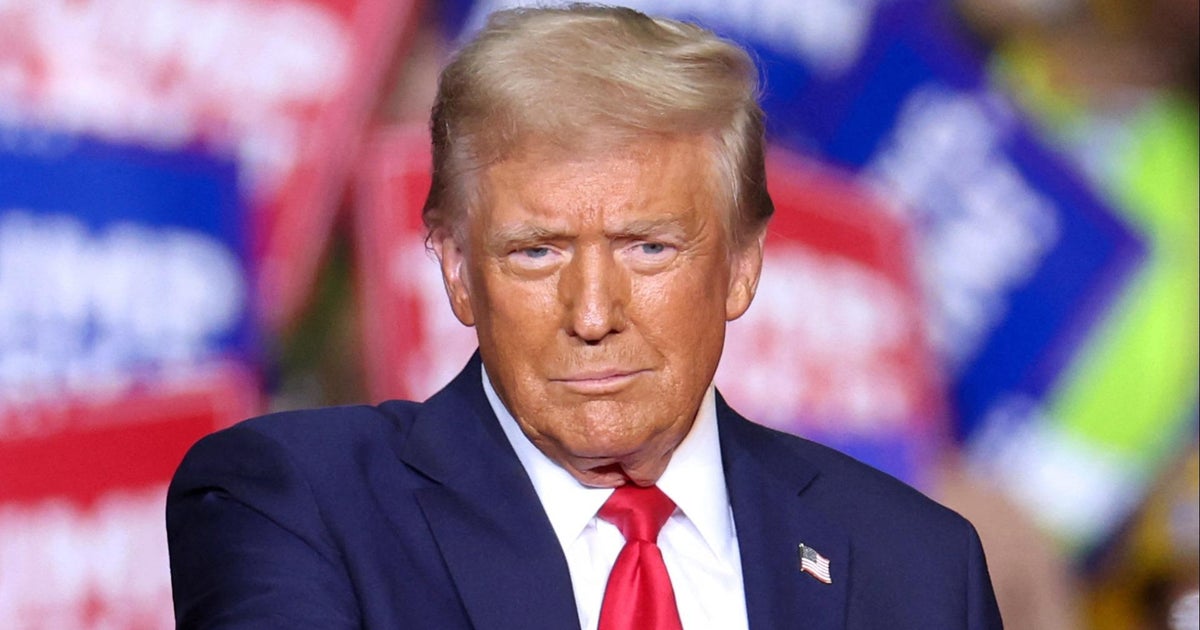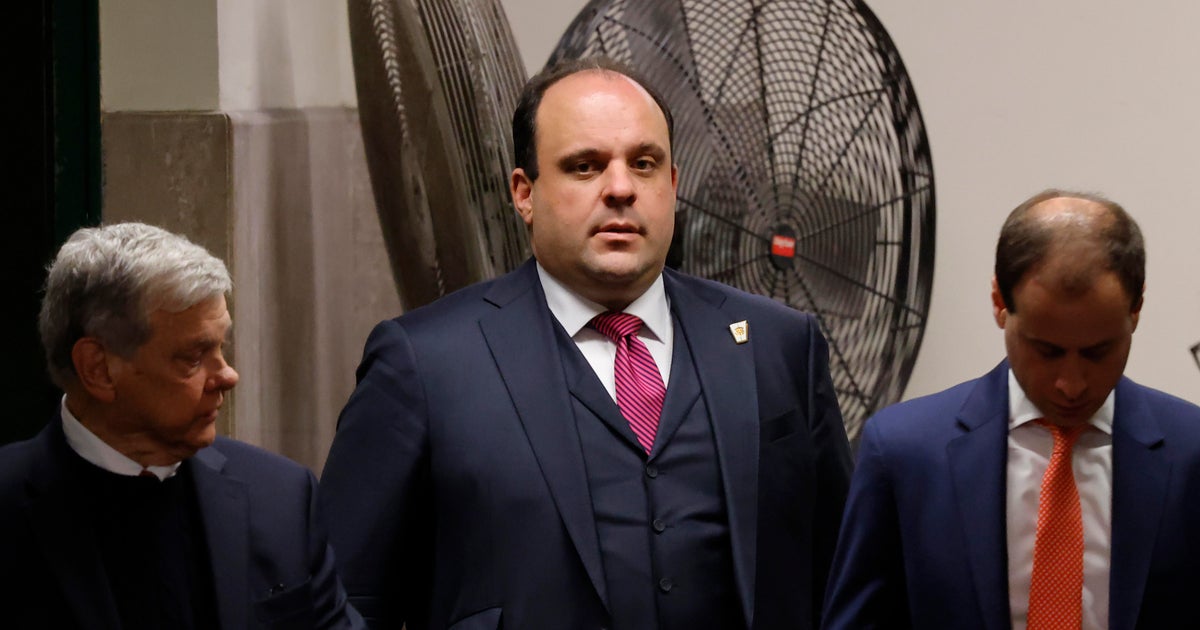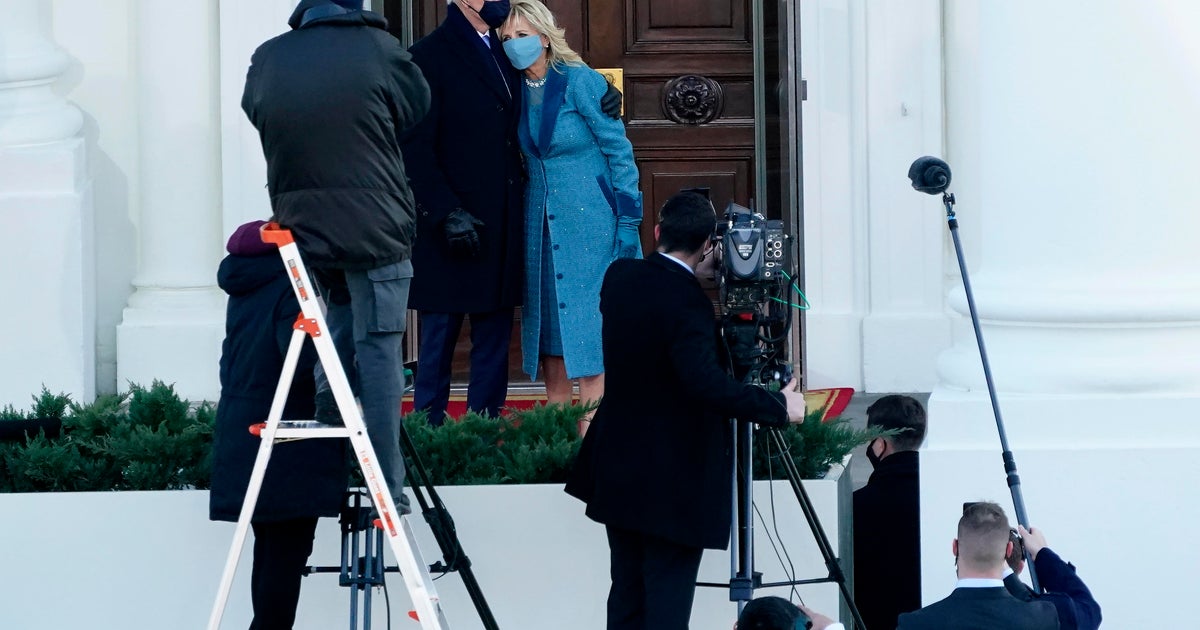Trump focuses on law enforcement side of opioid rollout
Donald Trump visited Manchester Community College on Monday to discuss measures the administration will take to combat the opioid crisis including a call for drug traffickers to face the death penalty in cases of fatal opioid overdoses.
"If we don't get tough on the drug dealers we're wasting our time, and that toughness includes the death penalty," Trump said during his first trip back to New Hampshire since the 2016 presidential campaign.
Attorney General Jeff Sessions issued a statement supporting Mr. Trump's directive that the Justice Department will "use federal law to seek the death penalty wherever appropriate."
The president urged prosecutors to impose "really, really powerful penalties for the really bad pushers and abusers," referring to drug manufacturers and companies. Sessions announced a new DOJ task force last month to investigate opioid-related lawsuits involving deceptive marketing practices.
"Our Department of Justice is looking very seriously into bringing major litigation against some of these drug companies," Mr. Trump said.
The president, who in part won the first-in-the-nation primary because of a promise to tackle the epidemic, claimed that his administration was "pouring a lot of money" into the crisis. However, Mr. Trump called for the repeal of the Affordable Care Act, which provided New Hampshire with millions in additional funding to spend on opioid treatments in 2017 through Medicaid. Congress allocated $6 billion towards the epidemic for 2018 and 2019, but it is not clear how that money will be spent yet.
Mr. Trump did address an oft-repeated request by state and local authorities by announcing that two drug manufacturers of the overdose reversal drug naloxone, Adapt Pharma and Kaleo, will be distributing some free units to high schools and universities around the country. Naloxone manufacturers have drawn scrutiny for their exorbitantly high prices. When CBS News contacted Adapt Pharma in January, they said that they had yet to hear anything from the White House months after Mr. Trump had announced the opioid epidemic a public health emergency.
Before pulling Health and Human Services Secretary Alex Azar onstage, the President teased a "major news conference" next month about lowering the prices of prescription drugs in the U.S.
"We're rolling out a whole slate of other proposals about decreasing the prices of drugs," Azar told the audience.
Mr. Trump's plan to combat the crisis focuses on expanding treatment, reducing over-prescription, and a nationwide educational campaign, but the president spoke most passionately about cutting off the supply of illicit drugs by building a wall along the southern border and ending sanctuary cities in order to stop the epidemic.
"Eventually, Democrats will agree with us, and we'll build the wall to keep the damn drugs out," Mr. Trump said before blaming Democrats for holding up funding for construction of the wall over the Deferred Action for Childhood Arrivals program (DACA).
"They want to keep DACA for the campaign, instead of getting it approved which we could do very easy," President Trump added, despite a senior administration official's insistence on Sunday night that the official event was purely nonpolitical.
"There are a lot of voters in the room, I see that," quipped Mr. Trump.
The president also said that ending sanctuary cities is crucial to stopping the crisis. He then mentioned the death of Kate Steinle, a woman killed by an undocumented immigrant in San Francisco. Her murder was not related to the opioid crisis.
Mr. Trump spent a little over a minute addressing the lack of access to treatment across the country by promising to change a "restrictive 1970s law" that prevents Medicaid from paying for care in facilities that have more than 16 beds by providing waivers to states "to help people who need treatment now."




